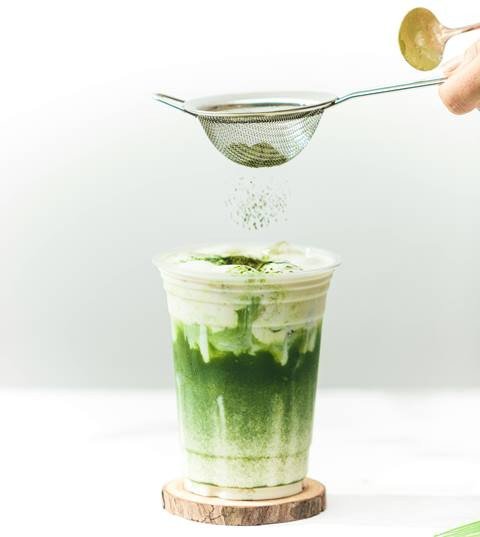Many pregnant women ask whether consuming matcha is beneficial for them. Yes, as long as it is not excessive! Why is that, and what are the effects if it is excessive?
Matcha contains high antioxidants and caffeine, this tea can provide a balanced energy boost without the jitters often associated with coffee. No wonder many people like to use this fine powder to prepare tea, lattes, smoothies, and even desserts.
Consuming matcha tea during pregnancy can be beneficial for pregnant women. However, consume it in moderation, meaning no more than one cup a day due to its caffeine content. According to obstetrician and gynecologist Dr Sadhna Singhal Vishnoi in HealthShots, there are several side effects if pregnant women consume excessive matcha. Here are some of the impacts, namely:
1. Can affect fetal development
Matcha has a relatively high caffeine content, ranging from 18.9 to 44.4 mg per gram, according to a study published in Molecules in 2020.
During pregnancy, caffeine consumption should be less than 200 milligrams per day. Too much caffeine can increase the risk of miscarriage, low birth weight, and premature birth.
2. Can reduce the absorption of folic acid
Drinking matcha tea during pregnancy may be healthy because of the catechins. However, catechins can also interfere with the absorption of folic acid, which is important for preventing birth defects.
To minimize risk, take it at least 1-2 hours apart from prenatal vitamins or folic acid supplements.
3. Can reduce iron absorption
Powdered green tea contains tannins, which can bind iron from plant foods (non-heme iron). Thus, it can reduce the absorption of iron, which is very important during pregnancy.
Iron can prevent anemia, fatigue, and low birth weight. Avoid consuming this tea with foods that are high in iron, such as spinach, beans, and lentils.
4. Digestive problems
Some pregnant women may experience nausea or acid reflux due to the caffeine and tannins in matcha. Also, drinking it on an empty stomach can cause stomach irritation,” the expert said. To prevent discomfort, drink it after meals rather than on an empty stomach.
5. Overstimulation
The high caffeine content in matcha tea can cause sleep problems and anxiety. To prevent this, avoid drinking this drink in the afternoon or evening. That way, you will not experience excessive stimulation and can sleep soundly.
These are the side effects that arise if pregnant women consume excessive matcha. Pregnant women are allowed to consume matcha tea during pregnancy, but limit it to one cup a day. In addition, choose high-quality matcha, and avoid drinking it on an empty stomach.

